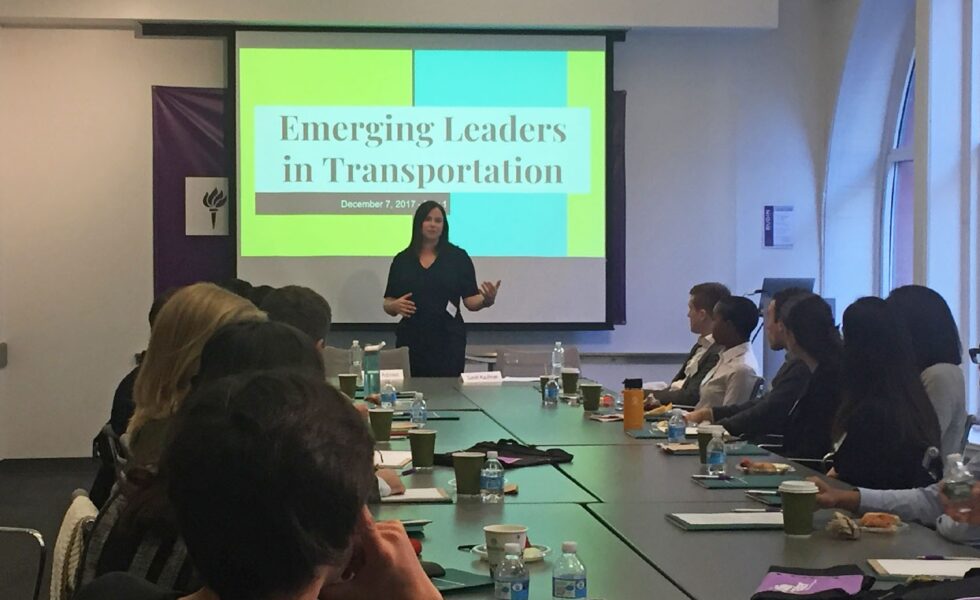Digital Twin (DT) technology represents the next evolution in a gradual shift from physical to digital models in civil engineering. Computer-Aided Drafting (CAD) revolutionized the industry by reducing the time and costs associated with documenting the design. Building Information Modeling (BIM) has since all but eliminated the need for physical design descriptors (i.e., drawings or physical models). A digital twin is a relevant abstraction of the physical asset. Itis most frequently used to model/improve/control manufacturing systems. Civil engineering applications of DT have been starting to emerge, but transportation infrastructure represents a challenging extension of DT technology because of its spatial scale and voluminous and time-varying data. However, DT is a powerful decision support tool for the design, maintenance, and management of transportation infrastructure, particularly for studying the interdependency with other infrastructure systems.










